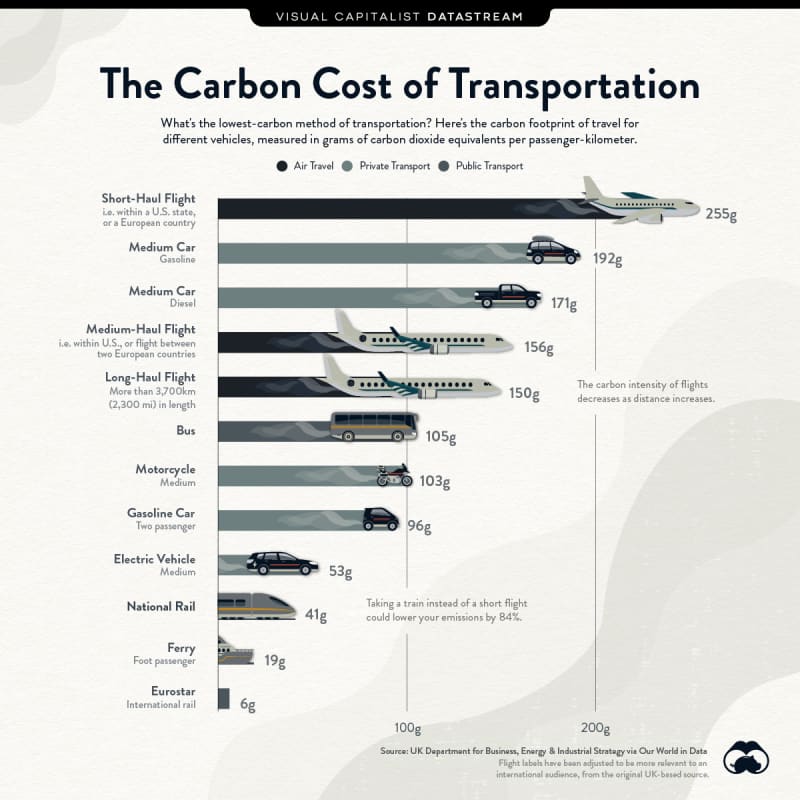I have always suspected that the US method of converting corn into ethanol was detrimental. A new study suggests it has a net negative effect on global warming. In addition to that, we are turning food into fuel which would tend to drive up food prices. In the current situation of high inflation, this seems like a bad idea.
In parts of the US south, people still use corn to create high purity ethanol that they sell for more than US$100 per gallon. They call it moonshine. How does it make sense to take that ethanol and burn it in your car in place of gasoline that cost less than US$5 per gallon?
Johnny Pellin
In parts of the US south, people still use corn to create high purity ethanol that they sell for more than US$100 per gallon. They call it moonshine. How does it make sense to take that ethanol and burn it in your car in place of gasoline that cost less than US$5 per gallon?
Johnny Pellin

